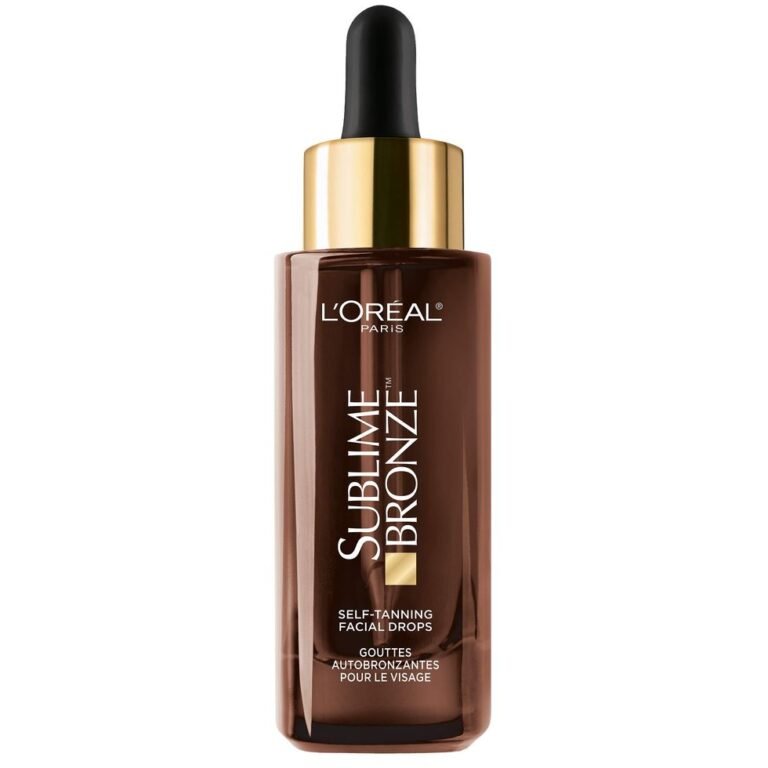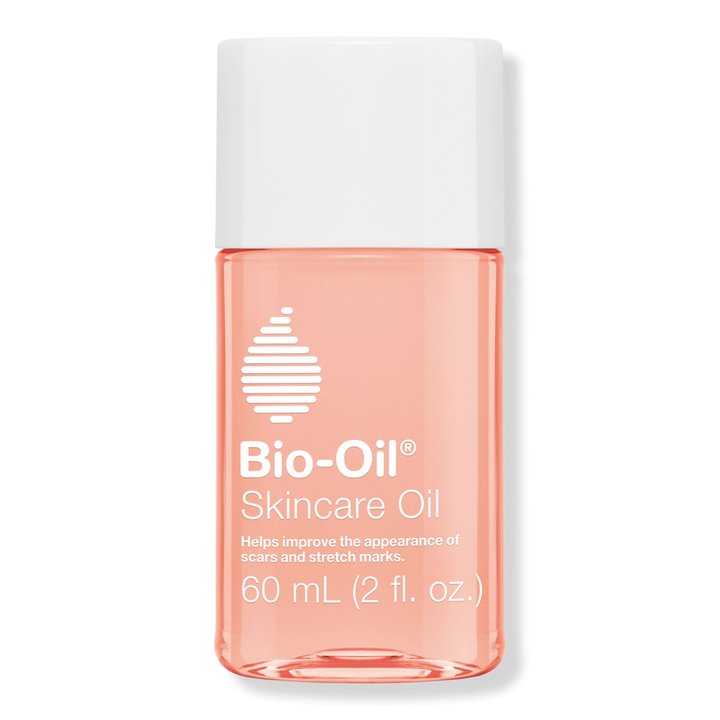How to Heal Acne Fast and Naturally

Introduction
Acne is a common skin condition that affects millions of people, especially young adults. The visible blemishes can significantly impact self-esteem and confidence.
Healing acne naturally is important for long-term skin health. Natural remedies often have fewer side effects compared to conventional treatments, promoting healthier skin without harsh chemicals.
While traditional methods like salicylic acid and benzoyl peroxide can be effective, they may not work for everyone and can lead to negative reactions. Some limitations of these treatments include:
- Side effects: Redness, irritation, or dryness.
- Ineffectiveness: Not all individuals respond positively.
Exploring natural options for managing acne can lead to safer alternatives that help you discover how to remove pimples naturally and permanently.
Understanding Acne: Causes, Types, and How They Affect Your Skin Health
Acne is a skin condition characterized by the presence of various types of blemishes. It develops when hair follicles become clogged with oil (sebum), dead skin cells, and bacteria. This process can lead to inflammation, resulting in red and swollen lesions.
Common Causes of Acne
- Excess Sebum Production: Overactive sebaceous glands produce more oil than necessary, which can clog pores.
- Clogged Pores: Dead skin cells accumulate and block hair follicles, creating an environment for bacteria to thrive.
- Bacterial Infection: The bacteria Propionibacterium acnes proliferate in clogged pores, triggering inflammation and acne.
Different Types of Acne
Understanding the various types of acne can help you determine the best approach for treatment. Here are some common types:
- Pimples: Small red bumps that may be painful or itchy; they can be filled with pus.
- Cystic Acne: A severe form characterized by deep, painful cysts that often leave scars.
- Blackheads: Open comedones; they appear dark due to oxidation of sebum at the surface.
Recognizing these characteristics aids in identifying how to get rid of pimples effectively. Whether you want to know how to remove pimples overnight or how to get rid of pimples on your face, understanding the underlying causes is essential for effective treatment strategies.
The Need for Natural Remedies: Why You Should Consider a Holistic Approach to Treating Acne
Acne can significantly impact your self-esteem and skin health. While conventional treatments like benzoyl peroxide and salicylic acid may be effective, they often come with unwanted side effects. Many individuals are turning towards cost-effective solutions that embrace a holistic approach to skincare. Natural remedies not only help in managing breakouts but also promote long-term skin wellness.
1. Tea Tree Oil: A Powerful Natural Remedy for Acne Treatment
One of the most popular natural remedies is tea tree oil. This essential oil is celebrated for its strong antibacterial properties, which effectively combat acne-causing bacteria on the skin’s surface. Additionally, tea tree oil offers anti-inflammatory benefits, reducing redness and swelling associated with active breakouts.
The effectiveness of tea tree oil lies in its active component, terpinen-4-ol, which inhibits the growth of acne-causing bacteria while promoting healing in inflamed areas of the skin. Here’s how you can incorporate tea tree oil into your skincare routine safely:
- Dilution Method: Pure tea tree oil can be too potent for direct application. It’s crucial to dilute it with a carrier oil (like jojoba or coconut oil) before applying it to your skin. A safe dilution ratio is typically 1 part tea tree oil to 9 parts carrier oil.
- Patch Test: Before using any new product, especially on acne-prone skin, perform a patch test. Apply a small amount of the diluted mixture on a discreet area and observe for any adverse reactions over 24 hours.
- Application Techniques: Once you confirm no irritation occurs, apply the diluted tea tree oil directly onto blemishes using a cotton swab or clean fingertip. For larger affected areas, consider mixing a few drops into your regular moisturizer.
Tea tree oil stands out as an excellent option due to its minimal side effects compared to many conventional treatments. Unlike topical antibiotics that may disrupt your skin’s natural flora or lead to resistance, tea tree oil helps maintain balance while targeting troublesome spots effectively.
In addition to tea tree oil, other natural remedies exist that may complement its use in treating acne holistically. Such options include apple cider vinegar, aloe vera, green tea, and more—each offering unique benefits worth exploring further.
Taking this holistic approach not only addresses the symptoms of acne but also promotes healthier skin overall by utilizing nature’s abundant resources.
2. Apple Cider Vinegar (ACV): A Versatile Ingredient for Acne Control
Apple cider vinegar has gained popularity as a cost-effective solution for acne treatment. Its antibacterial properties make it effective in killing bacteria on the skin’s surface, which can help reduce breakouts. Additionally, the presence of citric acid aids in improving the appearance of acne scars over time.
When considering ACV as part of your skincare regimen, proper application is crucial to avoid irritation. Here are some guidelines for safe use:
- Dilution: Always dilute ACV with water before applying it to your skin. A common ratio is one part ACV to three parts water.
- Patch Test: Conduct a patch test on a small area of skin before widespread use. This helps identify any allergic reactions or sensitivity.
- Application: Use a cotton ball to apply the diluted solution directly onto the affected areas. Allow it to sit for about 10 minutes, then rinse off with cool water.
Many individuals are drawn to this holistic approach as it addresses not just symptoms but also the root causes of acne without the limitations often associated with conventional treatments, including potential side effects and high costs. Embracing natural remedies like ACV can provide a safer and more affordable alternative for achieving clearer skin.
3. Aloe Vera: Nature’s Soothing Solution for Acne-Prone Skin
Aloe vera gel is known for its soothing properties and effectiveness in managing acne. This natural remedy helps in reducing redness and inflammation associated with active breakouts, making it an ideal choice for those seeking cost-effective solutions without the potential side effects of conventional treatments.
Benefits of Aloe Vera:
- Anti-inflammatory effects: Reduces swelling and redness, providing relief for irritated skin.
- Antibacterial properties: Fights against bacteria that can contribute to acne flare-ups.
- Hydrating qualities: Keeps the skin moisturized without clogging pores.
Application Methods:
You can easily incorporate aloe vera into your skincare routine with various methods:
- Pure Aloe Vera Gel: Apply directly from the plant. Cut a leaf, scoop out the gel, and massage it onto clean skin.
- DIY Face Masks: Combine aloe vera with other natural ingredients such as honey or lemon juice for enhanced benefits.
- Store-bought Products: Look for creams or serums containing a high percentage of aloe vera.
Using aloe vera not only helps with immediate concerns but also promotes long-term skin health by addressing the underlying causes of acne.
4. Green Tea: A Refreshing Ally Against Acne Breakouts
Green tea is not just a popular beverage; its antibacterial and anti-inflammatory properties make it an effective natural remedy for acne. When applied topically, green tea extract can play a vital role in regulating sebum production, one of the primary factors contributing to acne development. This regulation helps prevent clogged pores and subsequent breakouts.
Benefits of Green Tea for Acne:
- Antioxidants: Rich in antioxidants like epigallocatechin gallate (EGCG), green tea combats free radicals that can exacerbate skin issues.
- Sebum Regulation: Studies suggest that green tea can significantly reduce oil production, leading to fewer breakouts.
You don’t have to spend on expensive skincare products filled with chemicals. Creating your own green tea-infused skincare solutions at home is a cost-effective alternative. Here are some simple preparation methods:
- Green Tea Toner:
- Brew a cup of green tea and let it cool.
- Pour it into a spray bottle.
- Use it as a toner after cleansing your face.
- Spot Treatment:
- Steep green tea bags in hot water.
- Once cooled, place the bag directly on pimples for 10-15 minutes.
Embracing a holistic approach to skincare allows you to address underlying issues while minimizing potential side effects associated with conventional treatments. Incorporating green tea into your routine could be the refreshing solution you need for clearer skin.
5. Zinc Supplements: An Essential Nutrient for Clearer Skin from Within
Zinc is an important mineral that helps keep our skin healthy, especially for those dealing with acne. It has natural properties that reduce inflammation, which can lead to fewer breakouts and less severe acne. Adding zinc supplements to your skincare routine can be beneficial.
Key benefits of zinc include:
- Reduction of pimples: Research suggests that taking zinc supplements can help reduce inflammation caused by acne, resulting in fewer and less severe breakouts. This is supported by a study found in the National Institutes of Health.
- Antibacterial properties: Zinc helps fight against bacteria that cause acne, leading to clearer skin over time. According to WebMD, these antibacterial properties are one of the key benefits of zinc.
When considering zinc as a supplement, it’s important to follow the recommended dosage guidelines. Generally, the recommended amount is:
- 15-30 mg per day: This dosage may vary depending on individual needs, so it’s best to consult with a healthcare professional before starting any new supplement regimen.
Many people are now interested in natural remedies because traditional acne treatments often come with high costs and potential side effects. By taking a holistic approach, we can not only treat the visible symptoms but also address the underlying causes of acne. Zinc supplements offer an affordable solution that fits this philosophy, promoting skin health from within while minimizing negative reactions. In fact, they are among the best vitamins and supplements for hormonal acne according to recent research.
6. Honey and Cinnamon Mask: A Sweet Treat That Fights Acne Bacteria!
The antimicrobial properties of honey combined with cinnamon’s ability to stop bacteria from growing creates a powerful remedy for acne. Both ingredients are well-known for their anti-inflammatory effects, making them a natural choice for calming down irritated skin.
Benefits:
- Honey: Acts as a natural moisturizer while fighting bacteria due to its high sugar content and low pH, which stops microbes from growing.
- Cinnamon: Contains compounds that have been shown to have strong antibacterial properties, further fighting acne-causing bacteria.
DIY Mask Recipe:
Creating your own honey and cinnamon mask is simple and cost-effective. Follow these steps:
- Ingredients:
- 2 tablespoons of raw honey
- 1 teaspoon of ground cinnamon
- Instructions:
- Mix the honey and cinnamon in a small bowl until well combined.
- Apply the mixture directly onto clean, dry skin focusing on areas with breakouts.
- Leave the mask on for about 10-15 minutes.
- Rinse off with warm water and pat your face dry.
This mask not only targets acne but also promotes a holistic approach to skincare, addressing root causes rather than just symptoms. Exploring natural remedies like this can offer safer alternatives to conventional treatments, often associated with potential side effects and high costs. Incorporating such solutions into your routine allows you to enjoy clearer skin while prioritizing your overall health.
In addition to honey and cinnamon masks, there are other natural remedies that can complement your skincare routine. For instance, turmeric is another powerful ingredient known for its anti-inflammatory and antibacterial properties, making it an excellent addition to your skincare arsenal.
7. Witch Hazel: A Gentle yet Effective Solution for Preventing Future Breakouts
Witch hazel has gained popularity as a natural remedy for acne due to its antibacterial properties and ability to act as a natural astringent. This dual action helps in:
- Tightening pores, which minimizes the likelihood of future breakouts
- Soothing existing inflamed areas, providing immediate relief to irritated skin
Ideal for those with oily or acne-prone complexions, witch hazel offers a cost-effective solution to managing acne without the potential side effects associated with conventional treatments like salicylic acid.
Incorporating witch hazel into your daily skincare routine can be straightforward:
- Toner Application: Apply diluted witch hazel using a cotton pad after cleansing to remove excess oil and tighten pores.
- Spot Treatment: Dab a small amount on active breakouts to reduce inflammation and promote healing.
- Mix with Moisturizer: Combine witch hazel with your favorite moisturizer to balance hydration without over-drying.
Adopting this holistic approach not only addresses the symptoms of acne but also targets root causes, contributing to long-term skin health. With the growing interest in natural remedies, witch hazel stands out as a safe, effective option for clearer skin.
FAQs (Frequently Asked Questions)
What is acne and what causes it?
Acne is a common skin condition characterized by the presence of pimples, cystic acne, and blackheads. It develops due to excess sebum production, clogged pores, and bacterial infections.
Why should I consider natural remedies for treating acne?
Natural remedies offer a holistic approach to skincare that addresses the root causes of acne without the potential side effects or high costs associated with conventional treatments.
How can tea tree oil help with acne?
Tea tree oil is known for its powerful antibacterial and anti-inflammatory properties, making it effective in combating acne. It’s important to use it safely by diluting it to avoid skin irritation.
What role does apple cider vinegar play in acne treatment?
Apple cider vinegar (ACV) helps kill bacteria on the skin’s surface and can improve the appearance of acne scars over time. It’s recommended to perform a patch test before applying it directly to the skin.
Can aloe vera be used for acne-prone skin?
Yes, aloe vera gel has soothing properties that reduce redness and inflammation associated with active breakouts. It can be applied directly or incorporated into DIY face masks.
How does zinc benefit skin health regarding acne?
Zinc has anti-inflammatory properties that can reduce the frequency and severity of pimples. It’s advisable to consult a healthcare professional for appropriate dosage recommendations.










